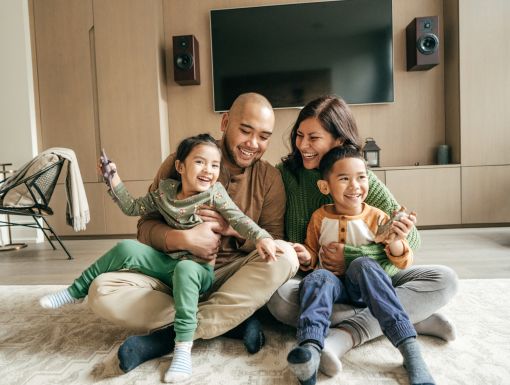
When Will I Be Able to Smell Again After Having COVID-19?
Since the coronavirus outbreak first began, many COVID-19 patients have reported experiencing a loss of taste and smell, often as one of their first symptoms. For most of these people, their senses return to normal within several weeks. But others have noticed significant changes to previously familiar scents and flavors, if their taste and smell come back at all, and are left wondering: “When will I be able to smell again?”
What do we know about COVID-19 and loss of taste and smell?
It’s not entirely unusual to lose your sense of smell when you catch a cold; the mucus composition in your nose changes, causing it to get stuffy. Typically, when your cold resolves, the inflammation subsides, and your sense of smell returns. But COVID-19 seems to be affecting the nose and mouth a bit differently, and researchers are still trying to figure out why.
A recent study looked at 55 coronavirus patients who experienced impairment of taste or smell. Most of these patients regained their senses within two to six weeks.
Get the latest updates on COVID-19 here.
Of these people, most said their senses were either fully recovered or improved four weeks later, but there were others who were infected at the beginning of the pandemic, and, at the time of the publication of the study in July 2020, still hadn’t regained their senses. There were also people who reported that their sense of smell did return, but that they experienced familiar smells – such as laundry detergent or perfume, for example – as being completely different, or “numbed.”
Scientists believe that people who have longer-lasting anosmia, or loss of smell, may have more damage to the “support cells” in the nose – cells that help send sensory messages to the brain – or that the regeneration of these cells is taking longer.
How can losing my sense of smell affect me?
Smells serve as an innate alarm system, alerting us to dangers around us, such as fires or gas leaks. A diminished sense of smell can lead to more accidents and injuries, like fires caused by leaving burning food on the stove or food poisoning, since the odors of smoke and spoiled food cannot be detected.
A prolonged loss of smell and taste can also have a dramatic impact on the quality of one’s life. Patients with the symptom may lose pleasure in eating or may feel as if their social bonds are weakened, which can lead to feelings of isolation and depression. Many people who can’t smell also lose their appetites, putting them at risk of nutritional deficits and unintended weight loss.
Will I ever be able to smell and taste again?
For most people, loss of smell and taste is only temporary. Yet, for a small proportion of COVID-19 patients, there is a possibility that their sense of smell and taste may not ever go back to normal.
What can I do to get my sense of smell back?
While there is no treatment that can ensure the return of your sense of smell or taste, smell training has been effective for some patients with anosmia and may improve a patient’s ability to associate an odor with a perception.
Smell training involves repeatedly exposing yourself to a set of familiar odors. To practice smell training, mindfully sniff the same four scents (essential oils and sachets work well) every day, spending around 20 seconds smelling each scent.
Taking a high-purity fish oil supplement, which boasts anti-inflammatory properties and promotes the growth of neurons, may also help to improve one’s sense of smell. Another possible strategy that hasn’t been extensively studied but is safe includes using over the counter topical nasal steroids, like Flonase. Before starting smell training or a new treatment, talk to your doctor to see if it’s right for you.



